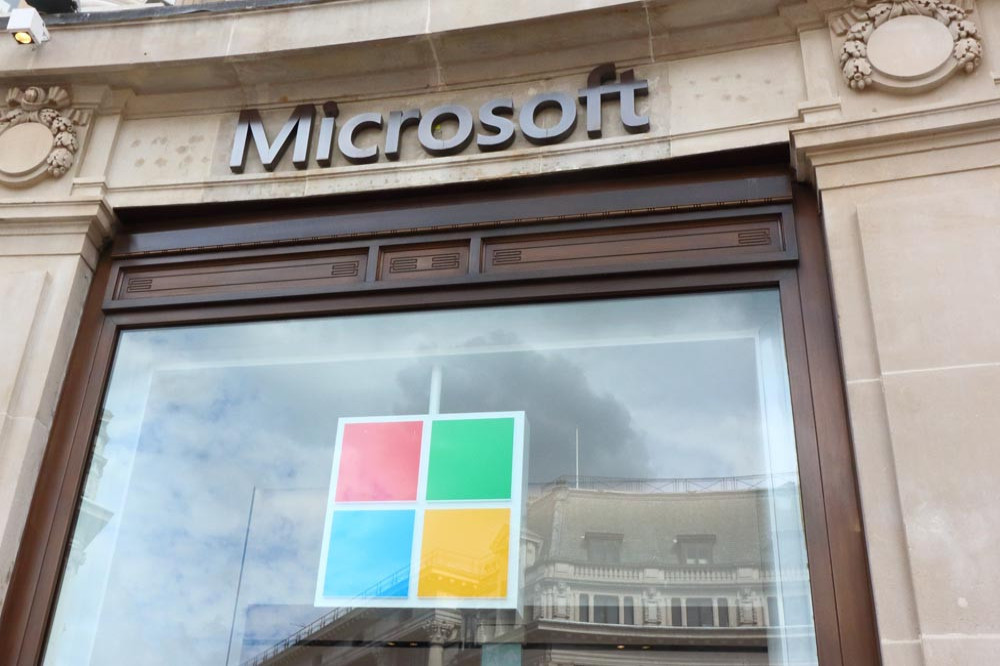Microsoft is hoping that next-generation cloud computing can benefit scientific discoveries.

Microsoft has teamed up with Pacific Northwest National Laboratory
The tech giant has teamed up with Pacific Northwest National Laboratory (PNNL) in Richland, Washington to demonstrate how such an acceleration can benefit chemistry and materials science – two scientific fields pivotal to finding energy solutions that the world needs.
Brian Abrahamson, the chief digital officer at PNNL, said: "We think there’s an opportunity to do this across a number of scientific fields. Recent technology advancements have opened up the opportunity to accelerate scientific discovery. The development of novel batteries is an incredibly important global challenge. It has been a labor-intensive process. Synthesizing and testing materials at a human scale is fundamentally limiting."
PNNL is a U.S. Department of Energy laboratory doing research in several areas, including chemistry and materials science, and its objectives include energy security and sustainability. That made it the ideal collaborator with Microsoft to leverage advanced AI models to discover new battery material candidates.
Brian added: "The development of novel batteries is an incredibly important global challenge. It has been a labor-intensive process. Synthesizing and testing materials at a human scale is fundamentally limiting.”

